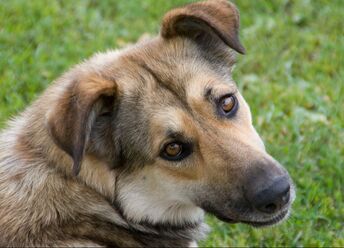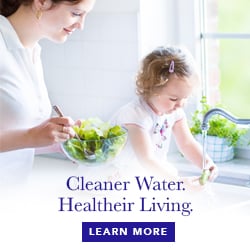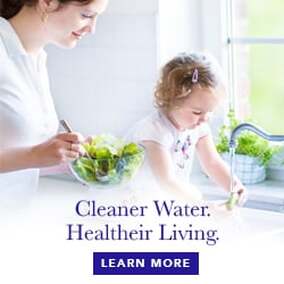
By purelawns.com
Sixty-three percent of Americans own at least one pet, and they are virtually unprotected from toxic chemicals.
• Serve organic: Choose organic or free-range pet foods. Check labels to avoid the chemical preservatives butylated hydroxyanisole (BHA), butylated hydroxytoluene (BHT), and ethoxyquin, and switch your cat’s food regularly to limit the exposure to mercury in seafood.
• Clean drink: Give your pet the same filtered water that you enjoy.
• Throw out Fido’s bed: Crumbling foam that contains flame retardants can adversely affect pets. Replace their old bedding and make sure your furniture doesn’t pose a hazard.
Sixty-three percent of Americans own at least one pet, and they are virtually unprotected from toxic chemicals.
• Serve organic: Choose organic or free-range pet foods. Check labels to avoid the chemical preservatives butylated hydroxyanisole (BHA), butylated hydroxytoluene (BHT), and ethoxyquin, and switch your cat’s food regularly to limit the exposure to mercury in seafood.
• Clean drink: Give your pet the same filtered water that you enjoy.
• Throw out Fido’s bed: Crumbling foam that contains flame retardants can adversely affect pets. Replace their old bedding and make sure your furniture doesn’t pose a hazard.
|
• Vacuum often: Use a vacuum with a HEPA filter, and take off your shoes at the door to minimize your pets’ exposure to toxic chemicals in the house that have been introduced from the outside.
• Poison on the deck: If you suspect that your backyard deck was made with arsenic-treated wood, treat it with a sealant every six months, and don’t let pets play or sleep underneath it. Wash it with mild soap and water, but never power wash it. |
• Skip the stain repellent: Pass on the optional stain-proof treatments on couches, carpets, and car upholstery—they’re loaded with toxic chemicals.
• Switch to cast iron: An overheated nonstick pan can kill pet birds, and it gives off chemicals that may be bad for other pets and people, too.
• Green lawns: Care for your lawn without using insecticides, which may cause nervous system damage in pets that walk on the treated lawn, eat the grass, or breathe in the chemicals.
• Lose the litter: Use kitty litter made of plant sources such as wheat or recycled newspaper. Clay-based kitty litter is strip mined, causing extreme environmental damage during extraction.
• Switch to cast iron: An overheated nonstick pan can kill pet birds, and it gives off chemicals that may be bad for other pets and people, too.
• Green lawns: Care for your lawn without using insecticides, which may cause nervous system damage in pets that walk on the treated lawn, eat the grass, or breathe in the chemicals.
• Lose the litter: Use kitty litter made of plant sources such as wheat or recycled newspaper. Clay-based kitty litter is strip mined, causing extreme environmental damage during extraction.
• Ask the vet: Flea collars are generally ineffective and contain lots of chemicals. Ask your vet about safer treatments and repellents. Apple Cider Vinegar works well.
• Safe suds: Use a safe all natural product made for pets. Pet products are not required to list potentially harmful ingredients on labels.
• Safe suds: Use a safe all natural product made for pets. Pet products are not required to list potentially harmful ingredients on labels.
An article on Round Up: Click here
















